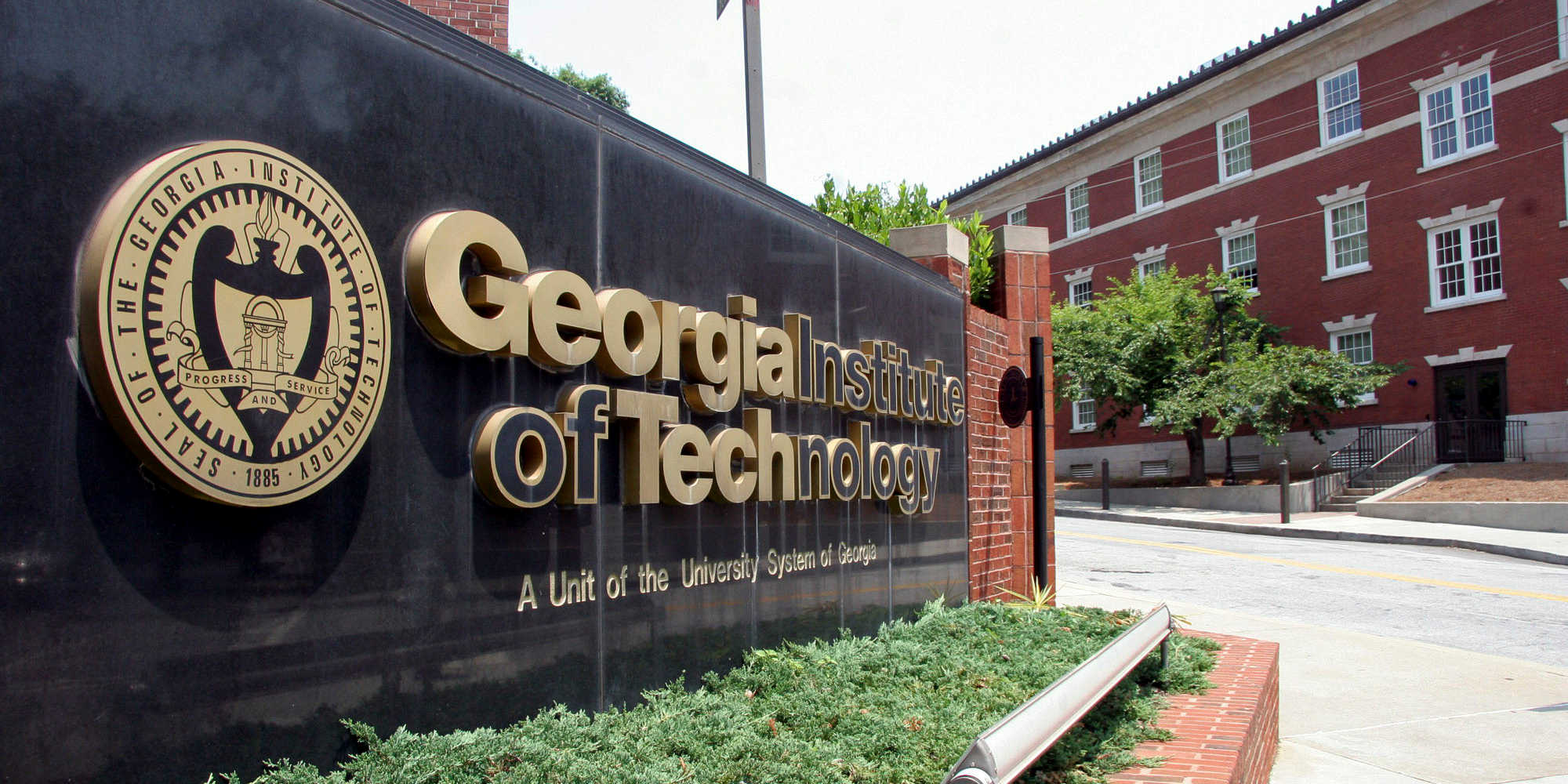Students can now get an online master’s degree in cybersecurity costing less than $10,000. Thanks to the collaboration between Georgia Institute of Technology and edX, the degree will become accessible and affordable for thousands of people.
The Online Master of Science in Cybersecurity (OMS Cybersecurity) designed to serve professionals who can study part-time and earn the degree within two to three years, will be launched on January 7, 2019, with 250 enrolled students.
The highly technical degree will aim to address the shortage of workforce across the globe in cybersecurity.
The degree has been offered on Georgia Tech campus since 2002, costing $20,000 for in-state and $40,000 for out-of-state students.
“Georgia Tech’s OMS Cybersecurity degree pairs world-class computer science, engineering, and public policy instruction with Georgia Tech Research Institute’s legacy of applied research in areas related to military, government, and law enforcement,” Rafael L. Bras, provost and executive vice president for academic affairs, said.
“As demand continues to grow, Georgia Tech is proud to deliver innovative, affordable, top quality education in high-demand areas, like cybersecurity, to learners around the nation and world,” he added.
Applications for the program are being accepted through October 1, 2018.



